We have been rather ‘inundated’ with demands for updates on our software development efforts and in particularly the release date for SDRconnect.
A little over a year ago, we decided that to re-develop SDRuno as a true cross-platform SDR solution was practically unfeasible and instead commenced the development of a completely new, ‘ground up’ solution which we chose to call SDRconnect to distinguish it from SDRuno, which itself will continue to be supported on Windows.
Estimating schedules for software development is notoriously difficult because software is highly abstracted with additional variables and uncertainties when compared to hardware development. In addition SDRconnect utilises a wholly different approach when compared to SDRuno with a completely new development environment.
SDRconnect is a highly modular piece of software with a UI that will be much better suited to the wide range of modern computing platforms than SDRuno, many of which feature touch-screens.
The first release of SDRconnect will NOT encompass all of the functionality that we intend for this software. Instead, there will be a range of more frequent updates than people will have experienced with SDRuno.
The first release of SDRconnect will incorporate the following:
Hardware architectures:
x64, ARM64 (including Mac M1)
Please NOTE. SDRconnect will be a 64bit solution and will NOT run on 32 bit operating systems.
Operating systems
Windows 10, 11 and later – 64 bit only. Note SDRconnect will NOT run on anything earlier than Windows 10, so please don’t ask for Windows 8/7/XP etc. It is not possible to compile for these older operating systems with the tools used for the development of SDRconnect.
Linux Ubuntu x64 18.04LTS and later. Please note that we will ONLY be testing on Ubuntu. We make no guarantees for any other flavour of Linux
MacOS x64 and M1 version 11 (Big Sur) and onwards.
Raspberry Pi OS (64bit) – Bullseye derived.
Android and iOS will NOT be supported in the first release. These will come later .
Please note that SDRconnect is for the Raspberry Pi 4B or better and not earlier models such as the Raspberry Pi 3 etc
Features:
The first release of SDRconnect will support the following features
Support for all RSP hardware platforms EXCEPT the RSP1
Diversity support for the RSPduo
Both Master and Slave mode for the RSPduo supported within a single instance of SDRconnect
Module interface for third party software modules (formerly known as ‘Plugins’)
Completely new UI will configurable and dockable panels
Remote network server and client
A basic I/Q recorder
Multiple VRXs
Band framing
The following will NOT be in the first release, but will come in subsequent Module releases:
Scanning
Rig Control
RDS decoding
Scheduler
Because these features will be incorporated as modules, it means that there will be fewer changes required to the core SDRconnect platform which will help preserve its stability and minimise the risk of bugs being introduced.
The current range of SDRplay developed plugins for SDRuno, will not work with SDRconnect, but we will be upgrading these so that they will be made available for use with SDRconnect. The module interface will be published so that third party developers can port their SDRuno plugins to SDRconnect, but we have no control over whether they will choose to do so, so please contact the plugin developers about this.
Regarding touch functionality, the first release will not support gesture recognition. This will come in a later release.
Finally, SDRconnect will have its own embedded API. It will not be necessary to install the API used with SDRuno. However SDRconnect, SDRuno and the API used for SDRuno will all happily coexist on the same machine.
Now, whilst progress has been good, we have also experienced some setbacks that has lead to some delays from our original estimate. Our current best estimate is that the first release will be around the middle of February. Please note that this is NOT a guarantee. We fully understand the frustrations that many people may feel about delays but I would respectfully request that you avoid opening support tickets requesting updates or offering to act as a ‘beta tester’. There will be no beta test program. As soon as we have something for people to try, we will make it available and people are welcome to try it. We are doing it as fast we possibly can and external pressure simply won’t make it go any faster.
If there any significant changes to the above in terms of features or schedule, we will let you all know.
Many thanks for reading.
